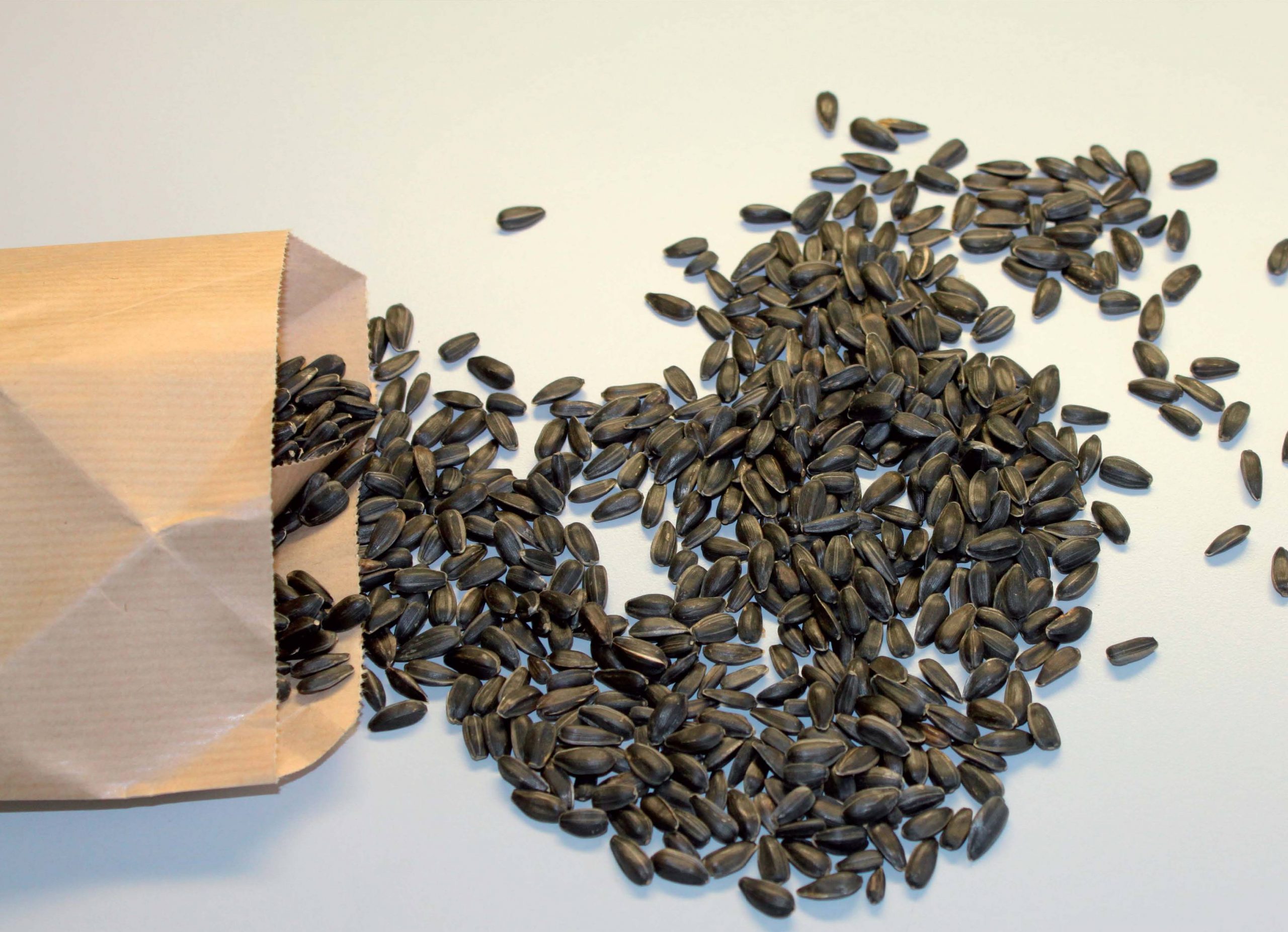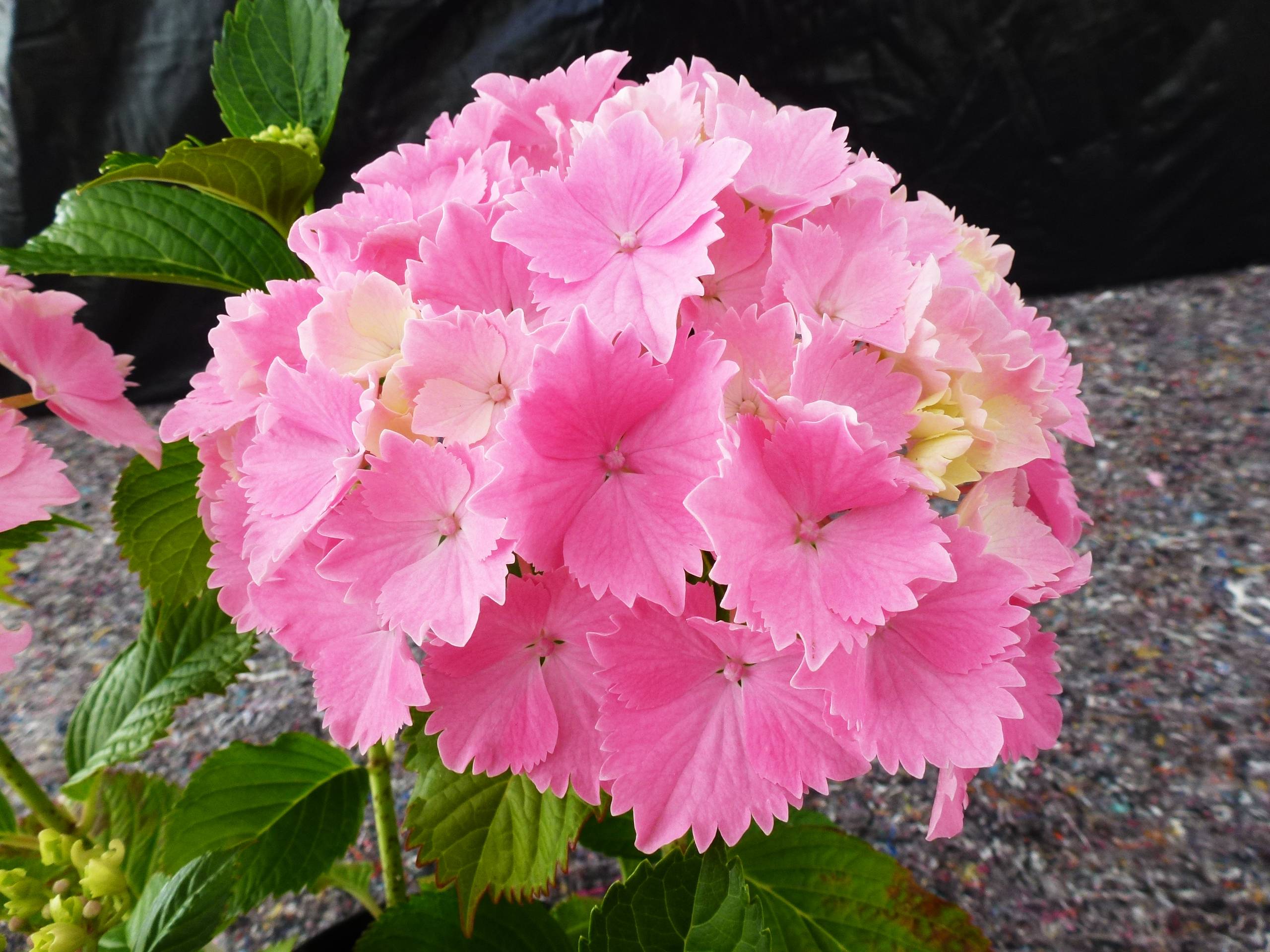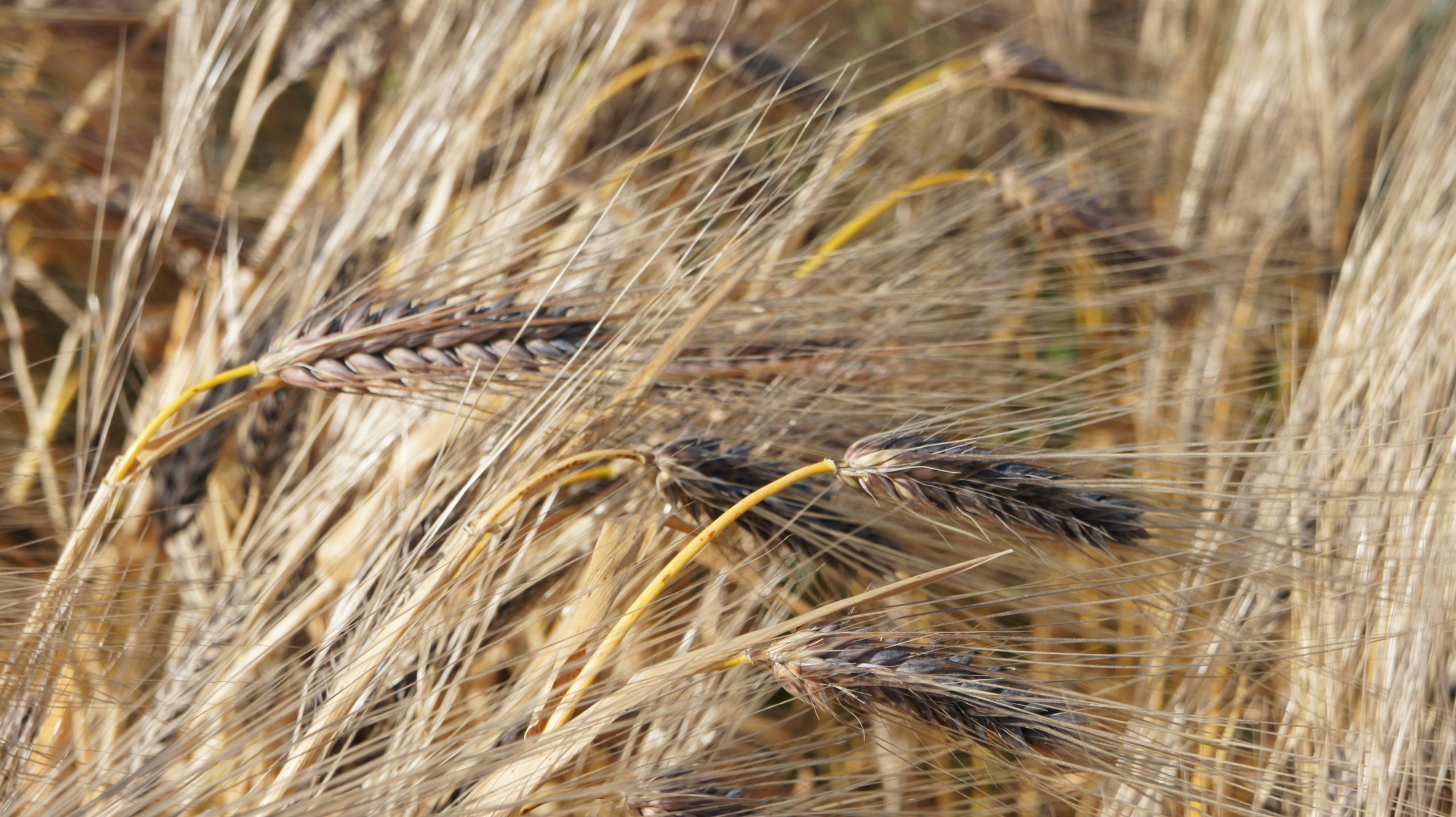Regulations
Variety and Seed Regulations
Variety and seed marketing regulations reflect the objectives of public policies: improve the productivity of French agriculture, ensure the country’s food security, develop the competitiveness of the sectors in the European and international markets, propose new species, new uses and new opportunities and respond to new challenges for the environment, health and maintaining biodiversity.
These regulations have gradually been put in place since the 1960s and continue to evolve, forming part of a European and global framework. Schematically we can distinguish:
- Plant variety regulations: before a new variety can be placed on the market, it must be registered in a Catalogue of approved varieties. This ensures that plant varieties are identifiable and distinct from other known varieties. For agricultural species, varieties must also offer an improved performance or end-use quality over other varieties at the time of registration. Registration in the French Official Catalogue is equivalent to marketing authorisation for seeds of the variety in France and, by extension, in the EU.
- Seed regulations: these exist to ensure that seed bought by farmers and customers is of the chosen variety. Minimum standards also apply for varietal purity, technology and sanitary quality. In the case of certified seed, official controls are carried out during production and packaging.


In addition to these variety and seed regulations, there is a specific legal system for plant variety protection. New varieties can be protected by an intellectual property right called a Plant Variety Right (PVR). PVRs grant the holder an exclusive right to the variety that he has bred, in particular for producing and marketing the variety. Unlike patents, PVR-protected varieties can be used freely for breeding purposes freely and for certain species and conditions can be used for farm seed.
To develop, implement and improve these variety and seed regulations, the Ministry of Agriculture relies on an Advisory Committee: the Permanent Technical Committee for the Selection of Cultivated Plants (CTPS).
One of the primary missions of the CTPS is to assist and guide genetic progress by developing the technical rules for variety registration. These rules aim to ensure the best possible match between the objectives of variety users, civil society, public authorities, and the scientific and technical capacities of breeders, in order to meet the needs of sustainable and diverse agriculture. The CTPS proposes the listing and de-listing of plant varieties in the Official French Catalogue.
In France, the Ministry delegates seed production controls to various bodies: the Official Control Service (GNIS / SOC) for agricultural and vegetable plants, the Interprofessional Technical Centre for Fruits and Vegetables (CTIFL) for fruit trees, FranceAgriMer for Vine plants.
Post-marketing controls are conducted by the French anti-fraud service (Directorate-General of Competition and Repression of Frauds).

Species-Specific Regulations
The regulations are different depending on the species; you can find more information on this site under “Variety and Seed Expertise” where the regulations have been outlined for each broad species group. The major differences concern whether a variety must be registered in the Official catalogue in order to market its seed, what the registration tests entail, whether seed must be certified, and whether a community catalogue exists.
- For the majority of cultivated species, registration in the Catalogue (or a register for fruit and forest trees) is mandatory. However, there is no catalogue for ornamental, medicinal and aromatic plants, or for “minor” cultivated species such as buckwheat, millet, rocket and quinoa.
- There are different lists in the French Official Catalogue including list “A” (agricultural plants and vines) and “a” (vegetable plants) for varieties whose seeds can be produced and marketed in France, list “C” (agricultural plants) and “c” (vegetable plants) for varieties threatened by genetic erosion whose seed can be produced and marketed in their region of origin, and list “d” (vegetable plants) for varieties with no intrinsic value for personal consumption.
- Testing for Value of Cultivation, Use, and Sustainability (VCUS) has been put in place for the registration of agricultural plants (in production or service uses) and vines. This testing assesses yield potential, end-use value (protein content, oil content, etc.), predictive quality tests (micromaltage for malting barley, etc.), pest resistance, reaction to climatic accidents, and the precocity of the variety. VCUS qualification, whereby a new variety must have “added value”, is an important tool for guiding genetic progress.
- There are also differences in seed marketing regulations depending on the species. Seeds of almost all field and forage species must be certified. For vegetable and fruit trees, certification is not mandatory.


